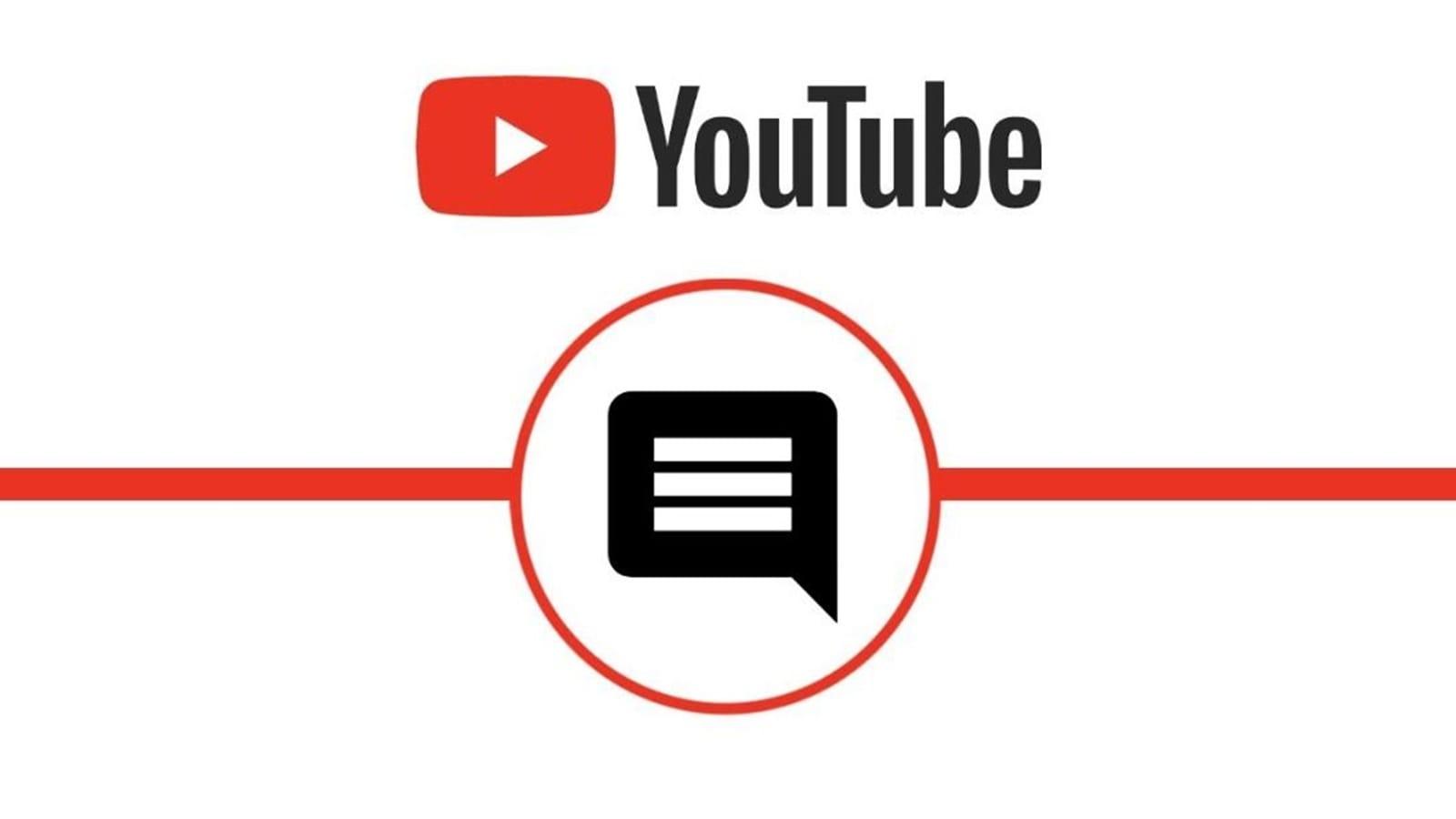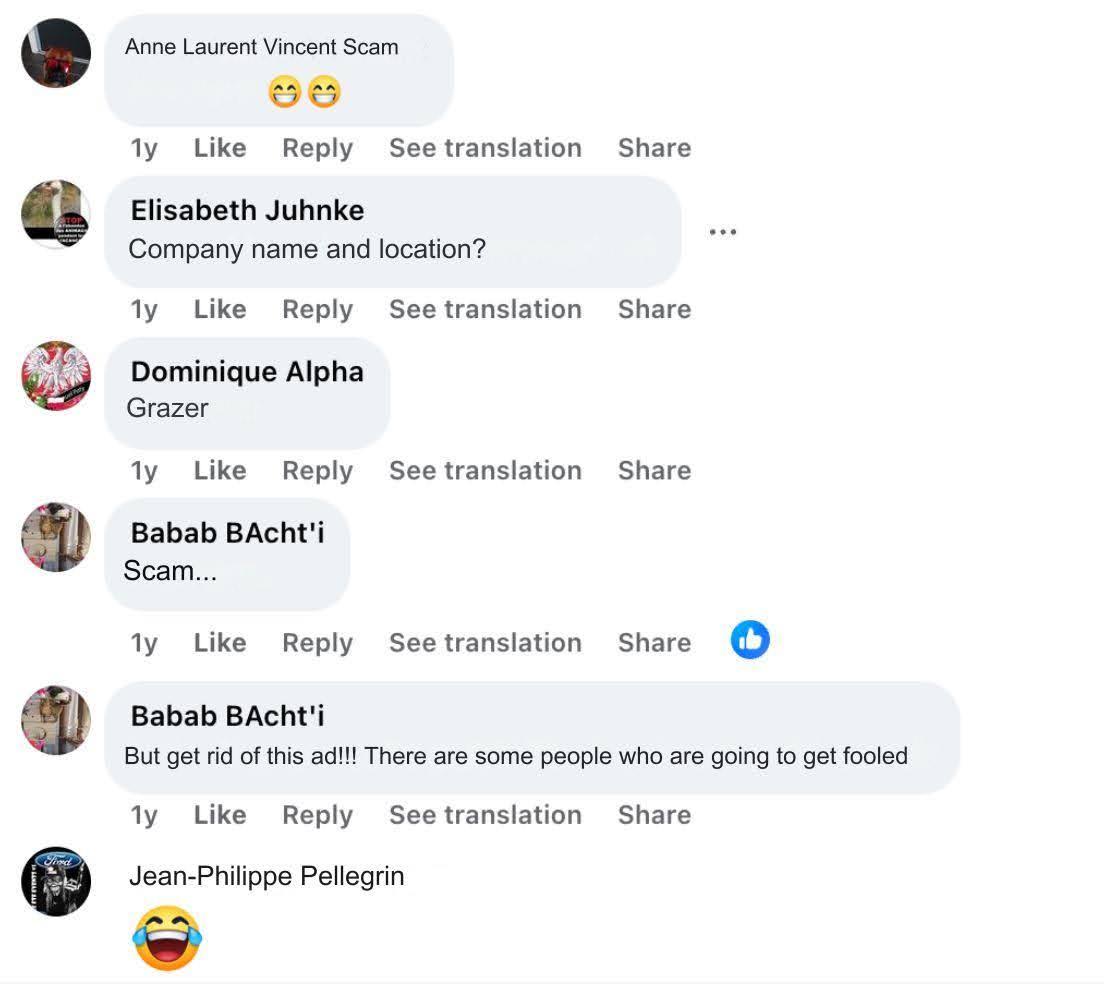You know those moments when you’re deep into a YouTube binge, and suddenly, a comment catches your eye? It’s either so glowing it makes you suspicious or harsh enough to make you wonder if the commenter even watched the video. Welcome to the wild west of YouTube comments—where authenticity can be as hard to find as a needle in a haystack. In a world where anyone can be a critic, a fan, or even a paid shill, spotting the phony commenters can feel like trying to find a unicorn in a forest of regular horses. But don’t sweat it! We’re diving into some handy tips and tricks to help you sift through the noise, spot the fakes, and make your YouTube experience a bit more genuine. Ready to become a comment detective? Let’s get this show on the road!
Unmasking the Trolls: Recognizing Red Flags in YouTube Comments

Let’s face it, YouTube can feel like a jungle sometimes, doesn’t it? Among the chatter, some comments stand out like a sore thumb. Phony commenters are the trolls hiding in plain sight, and spotting them quickly can save you from going down a rabbit hole of negativity. Look out for telltale signs like generic praise or overly vague critiques. If someone seems overly enthusiastic about a mundane video or offers up a cliché comment that could fit any content, raise an eyebrow. Are they here to engage or just to stir the pot?
Another common red flag is a commenter’s lack of personalization. You know that one-off user who drops a cryptic line but hasn’t bothered to engage with anyone else in the thread? Their comment could be a calculated jab rather than genuine feedback. Here’s a quick checklist to help you differentiate between real fans and deceptive commenters:
- Do they interact with others in the comments, or are they solo flyers?
- Is their username suspiciously spammy, or do they have a recognizable profile?
- Do they reference specific moments or details from the video, or just push generic remarks?
By keeping an eye on these aspects, you can quickly gauge whether a commenter is worth engaging with or just a fleeting shadow in the YouTube world. It’s like trying to find a diamond amidst a pile of rocks – you’ve got to scrutinize carefully to uncover the true gems!
The Art of Analysis: Dissecting Comment Patterns for Authenticity

Diving into the ocean of YouTube comments can feel like swimming in murky waters. Not every face in the crowd is genuine; some are just shadows lurking under the surface. To spot the fakes, you’ll want to keep an eye out for certain telltale signs. Look for repetitive phrases that sound over-rehearsed, or accounts with minimal history—those with generic names and zero content. When someone comments, “This is the best video ever!” on every single upload by various creators, alarm bells should ring. It’s almost like walking into a party and finding the same person trying to be the life of the event, but they never actually mingle or contribute anything of real value.
Another layer of authenticity often shows through engagement. Genuine commenters weave their thoughts with personal anecdotes and specific details that reflect a real connection to the content. On the flip side, if you stumble upon comments that feel like they were copy-pasted from a forum, you might be dealing with bots or paid comment writers. Check for engagement in the form of likes and replies, too—authentic voices often spark conversation. Here’s a quick glance at common traits to help you decode those comments:
| Trait | Authentic | Phony |
|---|---|---|
| Personal Stories | 💬 Unique anecdotes | 🚫 Generic remarks |
| Engagement Level | 👍 Other replies | 🔇 No interaction |
| Comment Variety | ✨ Diverse opinions | 🔁 Repetitive phrases |
Engagement or Deception: Knowing When to Trust Your Guts

When scrolling through YouTube comments, it can feel like trying to find a needle in a haystack. On one hand, you might stumble upon genuine feedback that sparks a conversation, but on the other, there’s an avalanche of phony comments just waiting to pull you in with their flashy promises and fake engagement. So how do you differentiate the real fans from the bots and trolls? Start by tuning into those little gut feelings—you know, that instinct that whispers, “Something’s off here.” Look for comments that lack depth, use generic phrases, or just repeat what everyone is saying. Authentic comments usually carry a personal touch or specific insights that resonate rather than just echo the title or a popular opinion.
Keep your eyes peeled for subtle red flags that scream “fake!” Phony commenters often exhibit patterns like:
- High frequency of comments on different videos within a short time span.
- Vague praise that could apply to any video, such as “Great job!”
- Suspicious account details—like new accounts with no profile picture or activity.
By honing in on these signals, you empower yourself to curate your online experience without being misled. Your ability to spot the difference can turn comment sections into vibrant communities rather than chaotic battlegrounds of deception.
Tips and Tricks: Building Your Instincts Against Comment Scammers

When navigating the wild world of YouTube comments, it’s essential to sharpen your instinct against those sneaky scammers. First off, keep an eye on suspicious usernames. If a user’s handle looks like a jumbled set of letters or contains excessive numbers, it’s a red flag. Trustworthy commenters usually have a consistent profile and a recognizable name. Also, watch for generic responses: phrases like “Great video!” or “I love this!” can sometimes signal a troll trying to lure you into their phony world. Real community members often engage with unique insights, adding depth to their feedback. Recognizing these patterns can help you sift through the noise and find genuine interactions.
Another effective tactic is to pay attention to comment timestamps. Scammers often drop their messages right after a video goes live, hoping to catch viewers off guard. If you notice a comment with a timestamp just minutes after being posted, be curious and investigate further. Moreover, familiarize yourself with the tone and content of typical scams. Many will mention “investment opportunities” or offer unrealistically high returns. Here’s a quick look at common scam indicators:
| Indicator | Description |
|---|---|
| Suspicious Links | Linking to untrustworthy sites or asking for logins. |
| Too-Good-To-Be-True Offers | Claiming to make you rich overnight. |
| High Engagement but Few Views | Comments have many likes but not many views on your video. |
To Conclude
As we wrap up this deep dive into the fascinating world of YouTube commentary, it’s clear that spotting those phony commenters can feel like finding a needle in a haystack—frustrating, right? But armed with the tips and tricks we uncovered, you now have a trusty toolkit for navigating the comment section jungle with confidence.
Remember, the next time you see a comment that seems a little too perfect or suspiciously glowing, it’s totally okay to raise an eyebrow. After all, not every glowing review is as genuine as it might seem. So, keep your wits about you, stay curious, and don’t let phony comments cloud your judgment. Engage with those who spark real conversations and bring value to your experience.
Thanks for joining me on this journey through the wild world of YouTube comments! Now, go out there and enjoy your viewing—just be sure to spot those fakers before they get their foot in the door. Happy watching!
